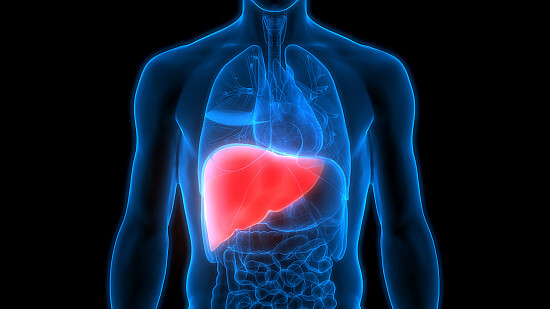This medicine may protect against COVID-19 - Claims Study
Sat 07 Mar 2020, 00:16:32

Researchers have found a drug called camostat mesylate, that they believe may work to combat the novel coronavirus (COVID-19), which has claimed over 3,000 lives globally, majority of them in China, the virus's country of origin.
Camostat mesilate is a drug approved in Japan for use in pancreatic inflammation.
According to the researchers, the new virus has been named SARS coronavirus-2 or (SARS-CoV-2) and has been transmitted from animals to humans. It causes a respiratory disease called COVID-19 that may take a severe course.
"We have tested SARS-CoV-2 isolated from a patient and found that camostat mesilate blocks entry of the virus into lung cells," said the study's lead author Markus Hoffmann.
For the findings, published in the journal cell, the research team led by infection biologists from the German Primate Centre wanted to find out how the new coronavirus enters host cells and how this process can be blocked.
They identified a cellular protein that is important for the entry of COVID-19 into lung cells.
"Our results show that SARS-CoV-2 requires the protease
TMPRSS2, which is present in the human body, to enter cells, this protease is a potential target for therapeutic intervention," said said study researcher Stefan Pohlmann from the German Primate Centre.
TMPRSS2, which is present in the human body, to enter cells, this protease is a potential target for therapeutic intervention," said said study researcher Stefan Pohlmann from the German Primate Centre.
No vaccines or drugs are currently available to combat these viruses, the researchers said.
Since it is known that the drug camostat mesilate inhibits the protease TMPRSS2, the researchers have investigated whether it can also prevent infection with SARS-CoV-2.
"Our results suggest that camostat mesilate might also protect against COVID-19, this should be investigated in clinical trials," Hoffmann added.
The coronavirus death toll in mainland China on Friday increased to 3,042 with an overall 80,552 infections and the number of global cases surpassed 95,000 with more than 3,000 fatalities.
According to the study, a team of scientists led from the German Primate Centre and including researchers from Charite, the University of Veterinary Medicine Hannover Foundation, the BG-Unfallklinik Murnau, the LMU Munich, the Robert Koch Institute and the German Center for Infection Research took part in the research.
No Comments For This Post, Be first to write a Comment.
Most viewed from Health
AIMIM News
Latest Urdu News
Most Viewed
May 26, 2020
Do you think Canada-India relations will improve under New PM Mark Carney?
Latest Videos View All
Like Us
Home
About Us
Advertise With Us
All Polls
Epaper Archives
Privacy Policy
Contact Us
Download Etemaad App
© 2025 Etemaad Daily News, All Rights Reserved.






























